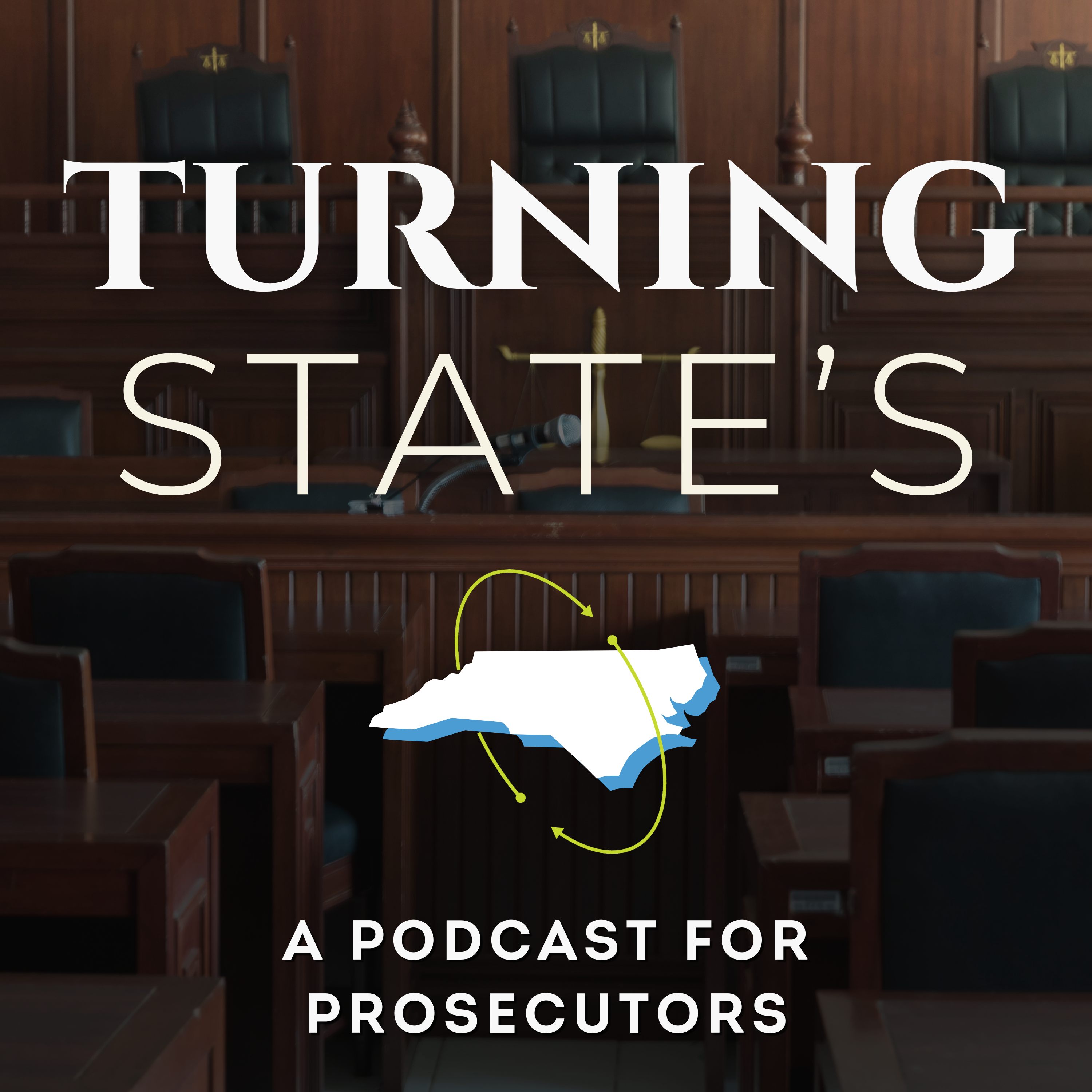This post summarizes published criminal law and related cases released by the Fourth Circuit Court of Appeals during December 2025. Cases of potential interest to state practitioners are summarized monthly. Previous summaries of Fourth Circuit cases are available here.
Information omitted from search warrant application would not have defeated probable cause; denial of ...
